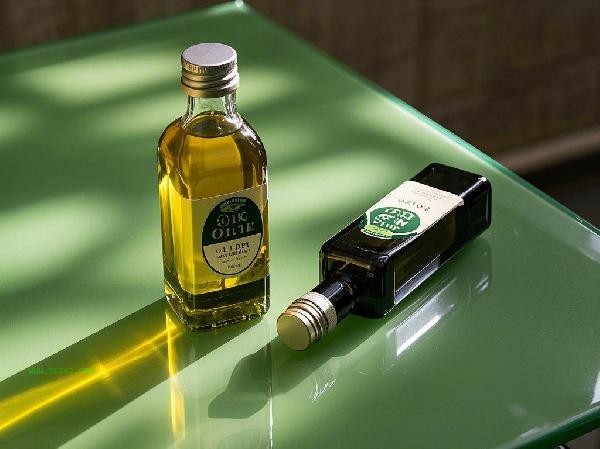Eating olive oil regularly can help reduce the risk of cardiovascular disease, improve digestive function, delay aging, regulate blood sugar, and promote skin health. Olive oil is rich in nutrients such as monounsaturated fatty acids, polyphenols, and vitamin E, making it suitable for daily cooking or cold dishes.

1. Reduce the risk of cardiovascular disease
Olive oil contains over 70% monounsaturated fatty acids, which can help reduce low-density lipoprotein cholesterol deposition and increase high-density lipoprotein cholesterol levels. This combination of fatty acids can improve vascular endothelial function and reduce the incidence of atherosclerosis. The Mediterranean dietary pattern uses olive oil as the main source of fat, and related studies have shown that it has significant cardiovascular protective effects.
2. Improving digestive function
Olive oil can stimulate bile secretion, enhance fat emulsification efficiency, and help absorb fat soluble vitamins. The oleic acid component it contains can gently stimulate intestinal wall peristalsis and has a relieving effect on functional constipation. Moderate consumption can also form a protective layer on the gastric mucosa, reducing the stimulation of gastric acid on the stomach wall.
3. Delaying Aging
Extra virgin olive oil contains polyphenols such as hydroxytyrosol and oleuropein, which have strong antioxidant properties. These ingredients can neutralize free radicals in the body and reduce oxidative stress damage to cells. Long term intake can reduce the probability of DNA oxidative damage and has potential benefits in preventing cognitive decline.

4. Regulating blood sugar
The active ingredients in olive oil can improve insulin sensitivity and slow down carbohydrate digestion and absorption. Research has shown that using olive oil as the main source of dietary fat can reduce postprandial blood glucose fluctuations. For people with pre diabetes, moderate consumption can help maintain blood sugar stability.
5. Promote skin health
Olive oil contains squalene and vitamin E, which can enhance skin barrier function and reduce water loss. Its anti-inflammatory properties help alleviate skin problems such as atopic dermatitis. External use can soften the stratum corneum, while internal use can improve microcirculation and enhance skin radiance.

It is recommended to choose extra virgin olive oil for optimal nutritional benefits, with a recommended daily intake of 25-30 milliliters. When cooking at high temperatures, pay attention to the oil temperature not exceeding 180 degrees Celsius to avoid damaging nutrients. Eating with dark vegetables can increase the absorption rate of fat soluble vitamins, but attention should be paid to the high calorie content of olive oil. Obese people should reduce the dosage appropriately. After opening, it is necessary to store it in a dark and sealed manner to prevent oxidation, acidification, and deterioration from affecting the quality.









Comments (0)
Leave a Comment
No comments yet
Be the first to share your thoughts!